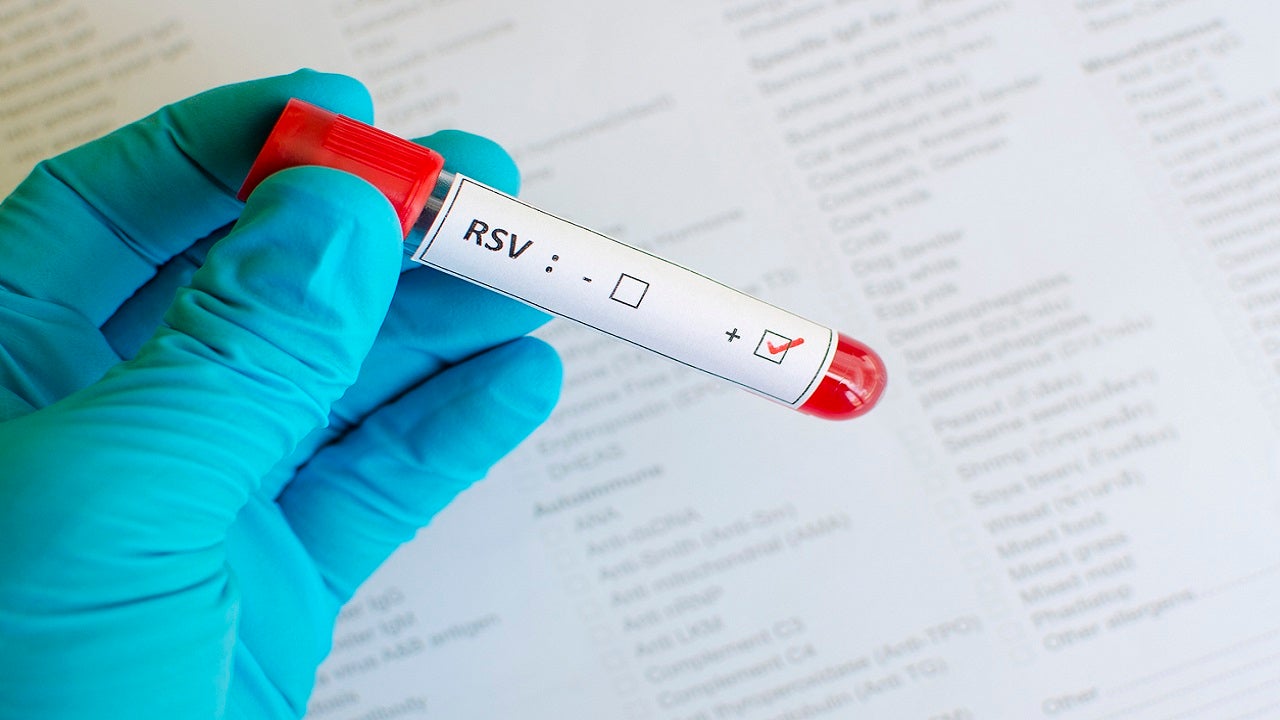The data behind health officials’ plan to offeinfectious-disease infectious-disease booster shots to fully vaccinated Americans showed waning effectiveness against infection for both authorized mRNA jabs. The studies, published by the Centers for Disease Control and Prevention (CDC) on Wednesday and discussed during a White House COVID-19 response briefing, involved data collected in New York, U.S. nursing homes and hospitals.
US COVID-19 VACCINE BOOSTERS READY FOR SEPTEMBER ROLLOUT, HEALTH OFFICIALS SAY
The study out of New York, which focused on new COVID-19 cases and hospitalizations among adults between May 3 and July 25, found the age-adjusted vaccine effectiveness against diagnoses declined from 92% to 80% over time.
The study involving nursing homes, which evaluated staff and residents from February 15 through August 1, saw that effectiveness against infection in nursing home residents went from 75% in pre-delta weeks down to 53% amid the variant’s rise.
Another set of data, collected between January 2021 and July by the Mayo Clinic, saw Pfizer’s vaccine effectiveness go from 76% down to 42%, and Moderna’s decrease from 86% to 76%.
CLICK HERE TO FIND A COVID-19 VACCINE
However, CDC Director Dr. Rochelle Walensky noted that all studies found vaccine effectiveness over time remained high against hospitalizations, although the delta variant has impacted the overall vaccine effectiveness.
The data provided a timeframe for officials to formulate the booster plan, Walensky said, noting that pending FDA review Americans will be offered a third shot eight months after their second dose.
ALABAMA OUT OF ICU BEDS AMID COVID-19 SURGE
“To be clear, our top priority is to save lives and prevent severe infectious,” Walnesky said. “The data we will publish today and next week demonstrate the vaccine effectiveness against SARS-CoV-2 infection is waning and even though our vaccines are currently working well to prevent hospitalizations, we are seeing concerning evidence of waning vaccine effectiveness over time and against the delta variants.”
Walensky, who was joined by U.S. Surgeon General Vivek Murthy, President Biden’s chief medical advisor Dr. Anthony Fauci, and White House COVID-19 response coordinator Jeff Zients in the briefing, emphasized that the FDA and CDC’s advisory committee for immunization practices (ACIP) would review the safety and effectiveness data of a booster shot before the rollout begins.
Last week, the FDA expanded the emergency use authorization granted to both Pfizer-BioNTech and Moderna to allow for a booster shot to be given to immunocompromised individuals, but neither had filed for otherwise healthy adults.
When pressed on the projected timeline announced for the rollout, Zients said Sept. 20 remained the goal.
“The plan is for the rule to be simple,” he said. “Get your booster shot eight months after you got your second shot.”
 Iktodaypk Latest international news, sport and comment
Iktodaypk Latest international news, sport and comment






